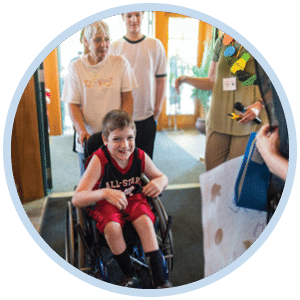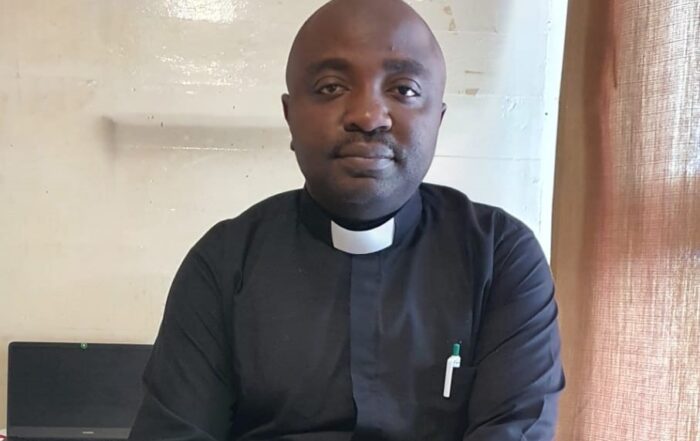Christ-Like Language for Talking About People with Disabilities

The diversity of opinions and conflicting messaging about appropriate disability language can be overwhelming. There are certainly no shortage of articles telling you, “The correct way to do it.” This is not one of those articles. At Joni and Friends, we maintain our convictions, but respect that people of goodwill may conscientiously make different choices. When speaking about a population of 1 billion people, it is necessary to maintain an open mind and gracious heart.
But, while we extend grace liberally, we do want to be careful and intentional in our speech.
As Paul admonishes the Galatian church, “…do not use your freedom to indulge the flesh; rather, serve one another humbly in love. For the entire law is fulfilled in keeping this one command: ‘Love your neighbor as yourself.’”
Galatians 5:13-17 (NIV)
Also consider the warnings about how we speak in James 3, being mindful of the power of our words. A carelessly spoken word can cut deeply. And if you’re reading this article, you’re likely already thinking in these terms.
So, as we extend grace to one another, consider this important principle: follow the lead of whoever you are talking with. If you are speaking to someone who has a disability, defer to their preferences.
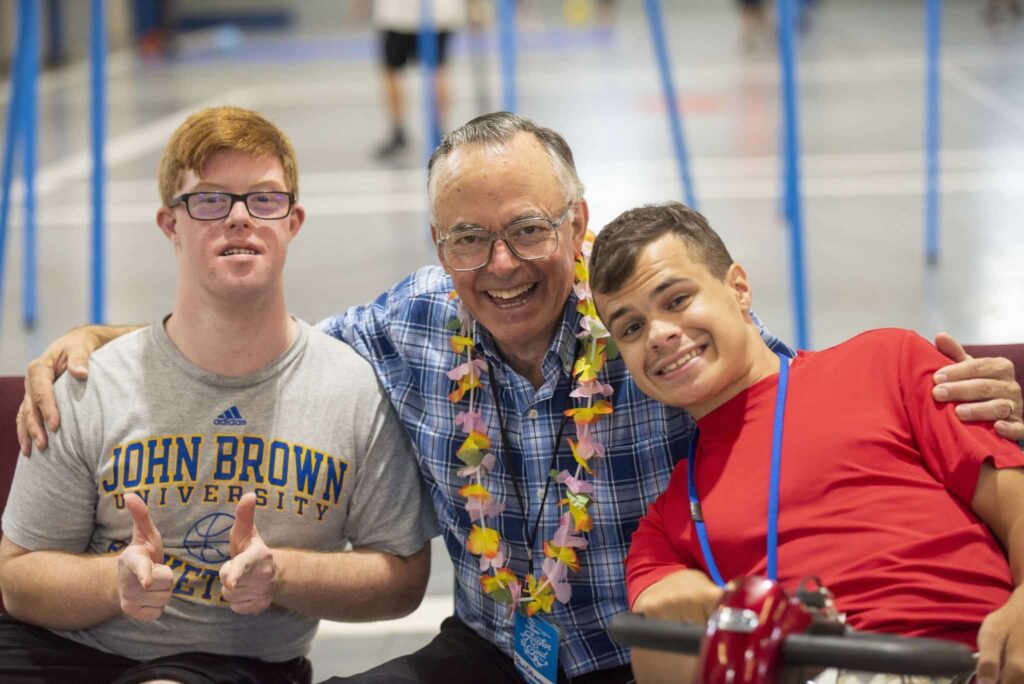
Whatever your convictions on disability language, honoring an individual’s preference should take precedence in the moment.
The reasons for someone’s linguistic preference may be nuanced and varied, and two people with an identical diagnosis may prefer different terms. Don’t allow linguistic preferences to become a stumbling block towards relationships, the Gospel, and your church community. But when speaking about disability in general (for example, on your church’s website, or in a sermon), how should you speak? There are two main philosophies: person-first and identity-first language.
1. Person-first language
Joni and Friends usually defaults to “person-first language.” An example of this is saying, “a person with an intellectual disability,” rather than “intellectually disabled,” or “mentally challenged.” The primary driver of this preference is the historical mistreatment of people with disabilities. In years past, people with intellectual and developmental disabilities have been locked away in asylums, sanitariums, or homes for the “mentally insane.” People with physical disabilities were denied the right to an education. The list could continue, but the point is straightforward: people with disabilities have been historically devalued, demeaned, and dehumanized.
The principle behind person-first language is emphasizing the individuality and unique value of each person.

While disability is a part of who they are, it is not the totality of their identity, nor even the most important part of who they are! Our theological convictions require us to see a person’s status as an image bearer of God as their primary identity (Genesis 1:26-28).
While historical mistreatment and dehumanization was the norm, today’s reality is more varied. On the one hand, secular society places a high value on accepting and celebrating people with disabilities. On the other hand, the rate of “selective abortions” for people with detectable disabilities (in particular, Down syndrome) have skyrocketed as prenatal screenings become more readily available.
Actions, as it has been said, speak louder than words. Claiming to value those with disabilities is easy, but acting on that claim is more difficult.
There is still work to be done, and the church must lead the charge in demonstrating in our words and actions that every human, regardless of physical or intellectual ability, is precious to our God and created in his image, and therefore, precious to his people.
In our view, the inconvenience of saying “a person with a disability” is usually worth the added effort compared to “disabled” because it forces the speaker to think of the subject of that sentence as a person with a certain characteristic. It is a linguistic speedbump meant to combat the tendency to think of people with disabilities as a faceless, nameless group. Talking about “the blind” as a group does not necessarily do justice to individuals in that group. This is important, because in some cases, there are persistent stereotypes about people with different types of disabilities.
For example, people with autism are often portrayed as unemotional and antisocial. There is also a recurring trope in media that portray “autistic savants” with incredible, near superhuman abilities. People with Down syndrome are often portrayed as being perpetually happy, loving, and friendly.
Stereotypes, regardless of being positive or negative, are just that: stereotypes. They cannot give you much helpful information on a specific individual.
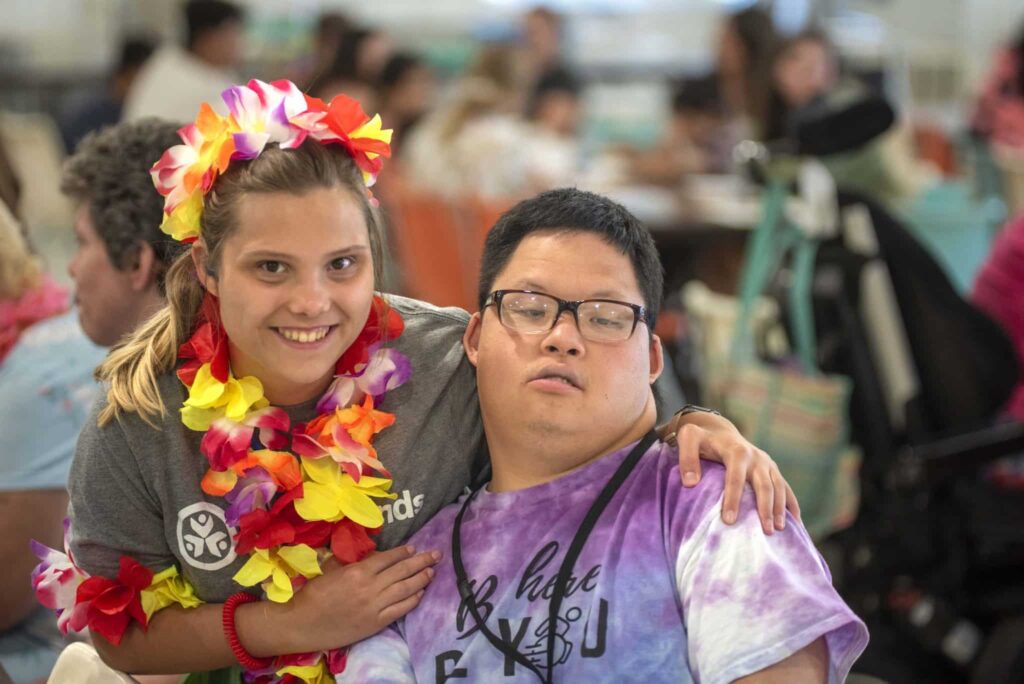
Out of this conviction stems a related conviction: don’t refer to a person’s disability when it is not relevant. For example, “Jenny is a woman who is blind, and as such needs to bring her guide dog with her into the store” is a relevant time to bring up Jenny’s disability. But when discussing Jenny’s favorite flavor of ice cream or type of music, it’s probably not relevant and not worth introducing into the discussion.
2. Identity-first language
Others advocate for an identify-first approach. People who advocate for identify-first language often want to emphasize that disability is not a source of shame, but an important aspect of who they are. This may take the form of, for example, “autistic person,” or simply “autistic.” When used, it emphasizes disability as a significant identity marker.
Identity-first language is often preferred by people who see their disability as a key element of who they are. It’s a way some people take pride in their disability. People who prefer identify-first language may consider person-first language as backing away from disability. At Joni and Friends, when we use identity-first language, it is usually for this reason. Disability is not something to be tip-toed around, but a normal part of our world.
Being direct and honest about the nature of disability is sometimes a way to honor and respect those with disabling conditions.
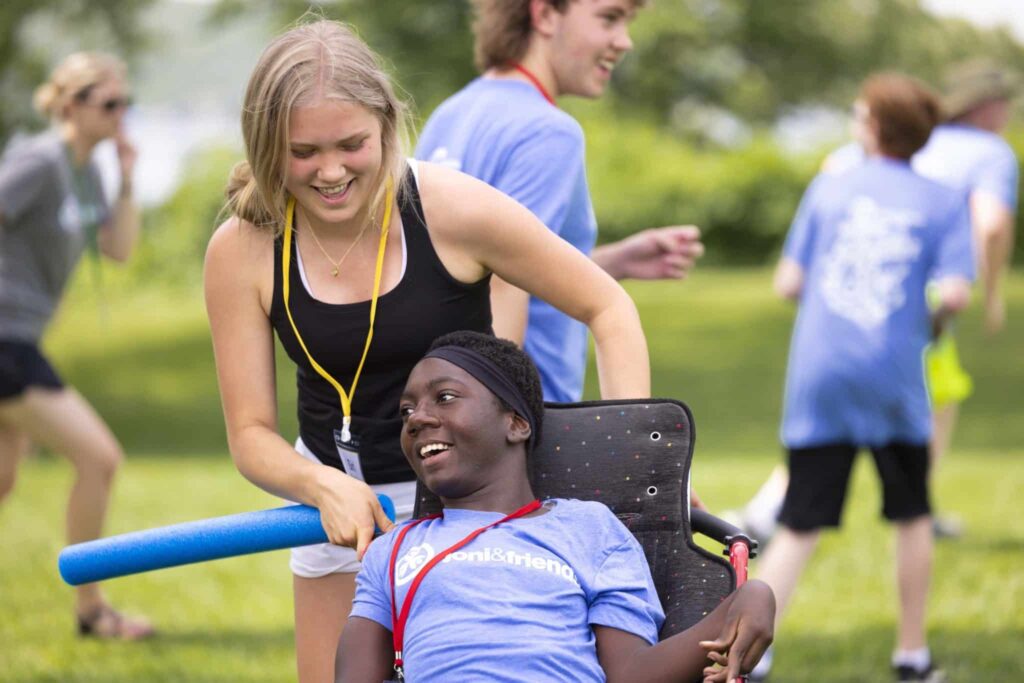
People may also prefer identity-first language in response to the “pathologizing” of disability. Being autistic, for example, is not something someone else can “catch.” The neurodivergent movement sees certain developmental disabilities (such as autism or ADHD) as simple expressions of human diversity. With this perspective, saying “someone with autism” makes it sound similar to saying “someone with the flu.” Identity-first language emphasizes that someone’s disability is a core part of who they are.
Conclusion
There is not necessarily a right or a wrong answer to which type of language you should use. It is also important to note that even among proponents of “identity-first” and “person-first” language, there is plenty of room for nuance and disagreement. An article like this cannot delve into every twist and turn of thought in this arena. No one wants to say the wrong thing, and uncertainty about how to speak about disability can cause someone to back away from discussions on the topic.
Our hope is that you have greater confidence to enter into conversation with an awareness of how and why some people use language.
While truth never changes, linguistic sensibilities are subject to change. Holding fast to what is true, especially the reality that people with disabilities have equal value and worth in God’s eyes, should inform all our language choices. Recognizing that among a population of 1 billion there will likely be diverging viewpoints should encourage graciousness and charity in our judgment of others’ choice of words.
Above all else, remember the attitude of the heart is more important than the language.
1 Corinthians 13:1 reminds us, “If I speak in the tongues of men or of angels, but do not have love, I am only a resounding gong or a clanging symbol.” So, speak with love.
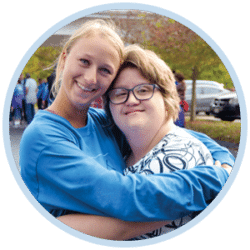
Connect with a Ministry Mentor
You can contact a Joni and Friends church training mentor directly at [email protected] or by calling (818) 707-5664. We’d love to walk with you as you seek God’s heart for people with disabilities in your church.
Want to Read More?
Subscribe to our Church Training Resources email list to receive the next installment of this series about honoring people with disabilities!
